-
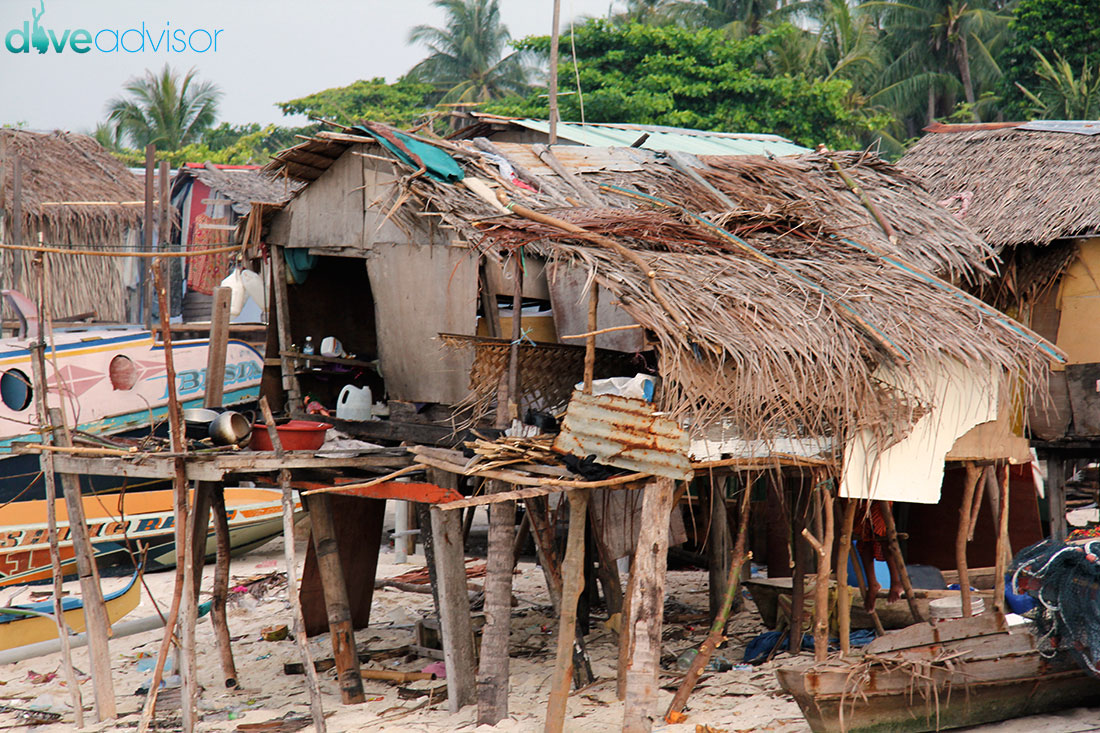
The Flipside of Paradise
The waterfront luxurious humble abode of a local family living on Mabul Island - literally less than 50 metres from the luxurious hotels. -
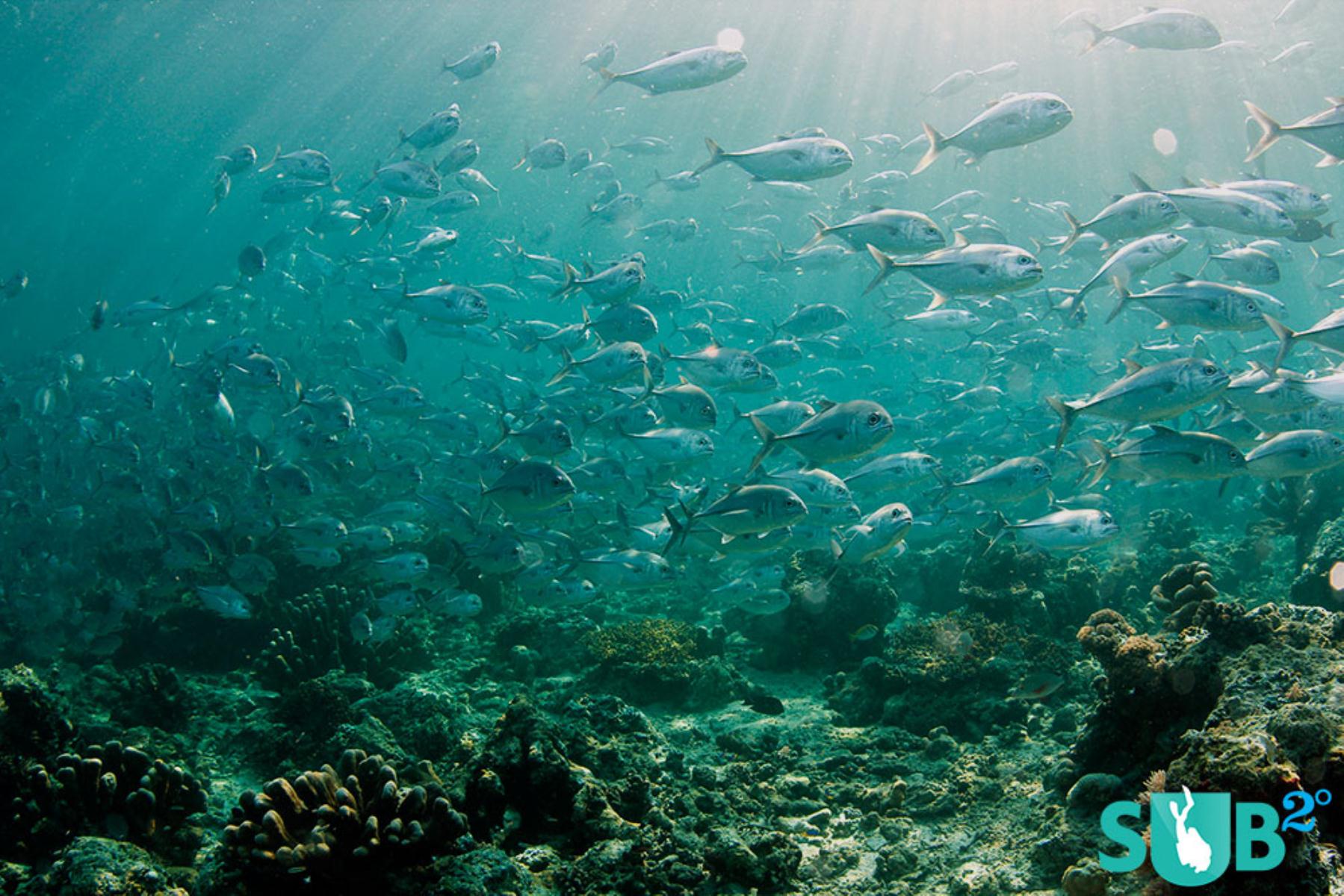
Wall
-
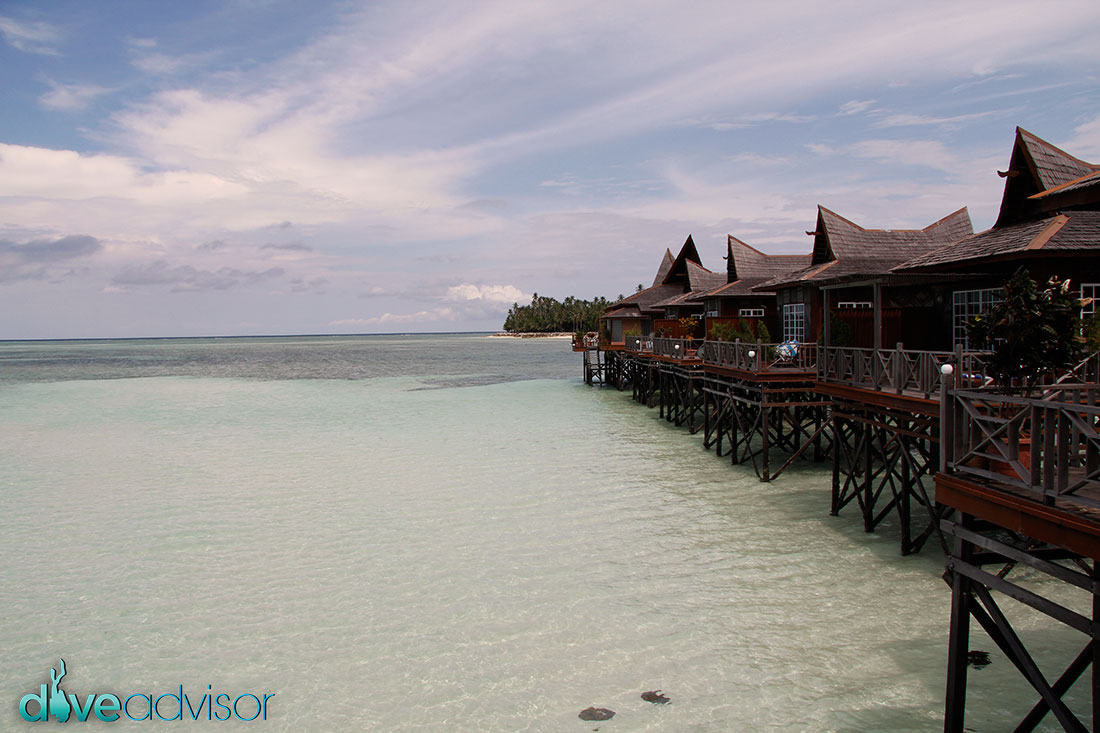
Piece of Expensive Paradise
One of the most beautiful places on earth that I was blessed to visit. -
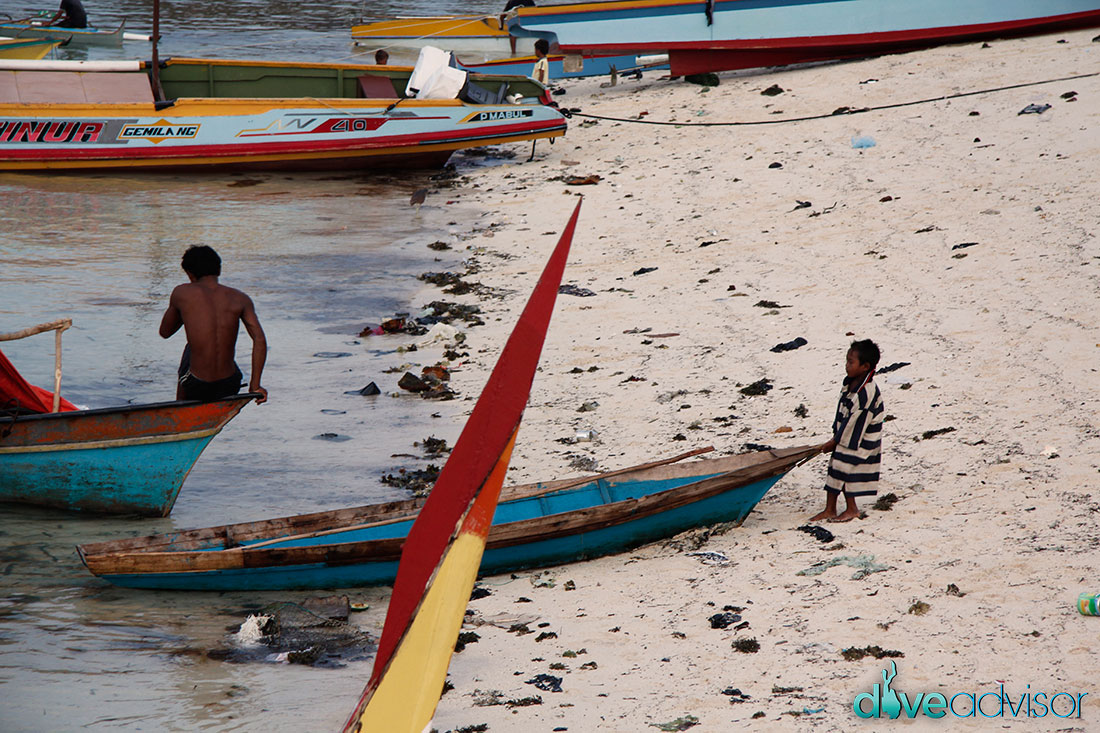
The Young Boy and The Sea
A little boy, around 6 years old, helping his father bring a boat back onto dry land. -
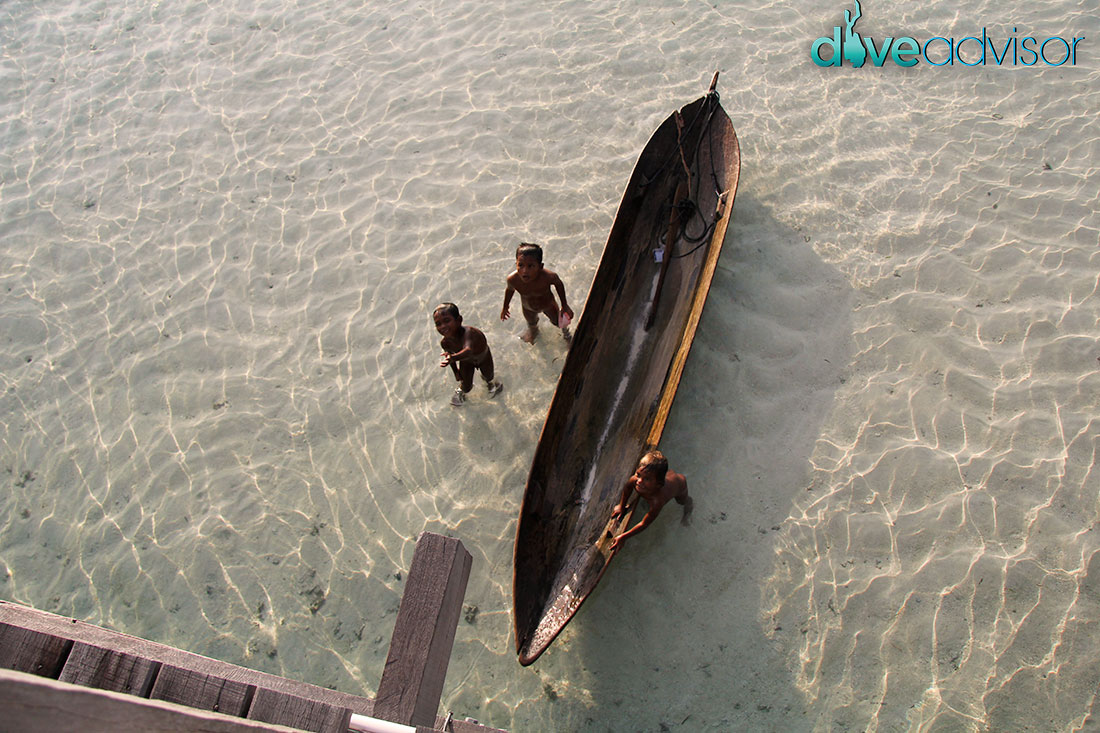
Help?
Young children asking for money from the rich people living in the 5 star resorts, minutes before getting shoo'ed away by security for disturbing the peace of the ideal paradise.
The Economics of Conservation Part 1
Throughout my travels over the past couple of years, I have been thinking about Scuba Diving and how it impacts local communities, local environments, and marine life. The truth is, different areas in the world have different factors that come in to play and result in a different overall ecosystem. In part 1, I will address what I consider the main problem of genuine conservation - the lack of involvement of local communities.
The environment and the natural landscapes, ultimately the basis for Scuba Diving, belong to the residents of that land. This is hard to argue with, however it is rare that they get the benefits that they deserve, especially when the land in question does not belong to a 1st world country. To be as accurate as possible, I will only examine instances and factors that I have personally observed.
Mabul Island
Mabul Island is a little island approximately 10km away from the legendary Sipadan Island. The majority of divers that visit Sipadan stay on liveaboards or on Mabul Island, and take day trip dives to the marine park.
The island houses three or four luxury resorts as well as a bunch of smaller B&B's and home stays. The island is extremely small and can be split into two parts - the 'rich' part which houses 'SMART' resort, Sipadan Water Village, and other luxury hotels, and the 'poor' part - i.e. the village. Walking through the village was rather sad. It was very slum-like; houses built out of shanty-looking materials, little children running around with cigarettes in their hands, and an explicit scent of burning garbage. It seemed like fishermen or workers of the lowest level jobs in the resorts inhabited most of the Island.
To my surprise, there was not a single Malay dive guide out of the 4-5 that we engaged with at the resort; they were all from the Philippines. Furthermore, I found out that much of the rest of the staff, i.e. waiters, housekeepers, and bar tenders weren't from the Island either. During our entire stay, there were only 2 or 3 people who we engaged with who were Malay, and even then only one was from that area. Some were originally from as far away as 800-900 km.
Let me repeat. Despite being housed on an island full of poor people living in shantytowns, throughout my 8-day stay, I did not encounter a single member of staff who was from the Island.
The manager of the resort was Spanish and judging by the bank account transfer route, their HQ (financially at least) was in Singapore - a tax-free haven. So to sum up, you have foreign owners, obtaining money from foreigners transferred directly into an offshore account, serviced by few or practically no locals.
Sipadan Island
Briefly analyzing the history of Sipadan itself, prior to becoming a natural marine reserve, the reef had been repeatedly bombed by poaching fishermen using home made explosives.
Now Sipadan is a Marine Reserve and there is a flat fee or $40/50 per day for every diver diving in the reserve, which funds a little army of 7 to 8 people, a navy yacht, and some serious weaponry to keep the 'bad guys' away. This is somewhat of a solution but does not address the root of the problem: extreme poverty of many Scuba paradises, and an industry that does not contribute to positively affecting those communities.
More attention is given to a certain kind of fish that has become - or is becoming- extinct than to the starving people that live in many such paradises. Looking more broadly, the country as a whole rarely benefits as much as they deserve to. Sticking to the case of Mabul - the only tax that is paid, which contributes to the preservation of the environment in any shape or form, is the entrance to the Marine Park. Practically no jobs are created for local communities.
This money funds the soldiers that protect the island from the 'bad bad poachers'. Hiding my condescending idealism away and whipping out my healthy dose of realism, I challenge you to ask yourself: Would you bomb a reef, breaking the 'law', killing thousands of fish and destroying an entire ecosystem if it meant feeding your starving family for a couple of months? These fishermen recognize that this is a short-term solution that shoots them in the leg in the long run, but what happens when nets and hooks no longer bring in enough food? Personally, if the choice was between the preservation of a school of bump heads or my children, it would be an easy choice.
Now, I am by no means implying that the residents of Mabul perform such acts; perhaps they do, perhaps not. Perhaps it’s different desperate fishermen from the nearby Indonesia. The point remains. I have rarely seen the Scuba Industry justly affect the people of a 2nd or 3rd world country.
The whole experience of living on Mabul Island has left me feeling a mix of emotions. Enjoying a rum and coke with a steak after a day of scuba diving feels a little awkward when you are within sight of a whole village made of cardboard. Unfortunately, Mabul Island is no exception.
Shortly after our diving trip - we spent a couple of days in a jungle resort, to the contrast of which, all the staff were hired from the local community, starting from the manager down to the drivers and waiters. Ignoring the taxes creates jobs and creates wealth for the people in those communities, enabling them to survive and avoid poaching animals. 'Ironically', the animals were thriving to the point that people were being woken up by elephants walking through the resort.
Scuba divers as a community need to become more aware of such factors and reward businesses who not only provide the best quality of service but also help the ecosystem as a whole survive sustainably, people and animals alike.
Continue to Part 2
Featured Posts
-
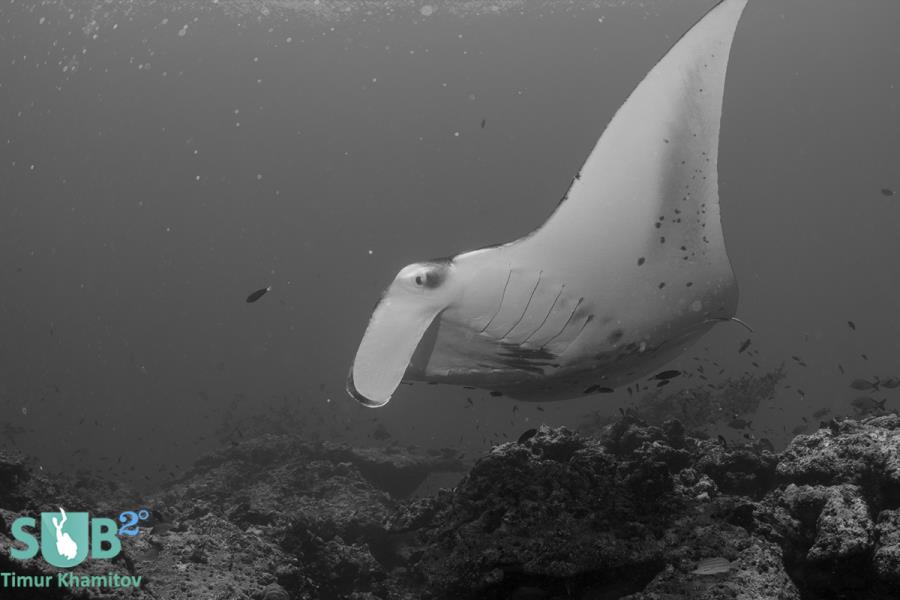
Indonesia Bans Manta Fishing,...
Analyzing manta conservation in the context of marine conservation as a whole. (Part 1 of the series)
-
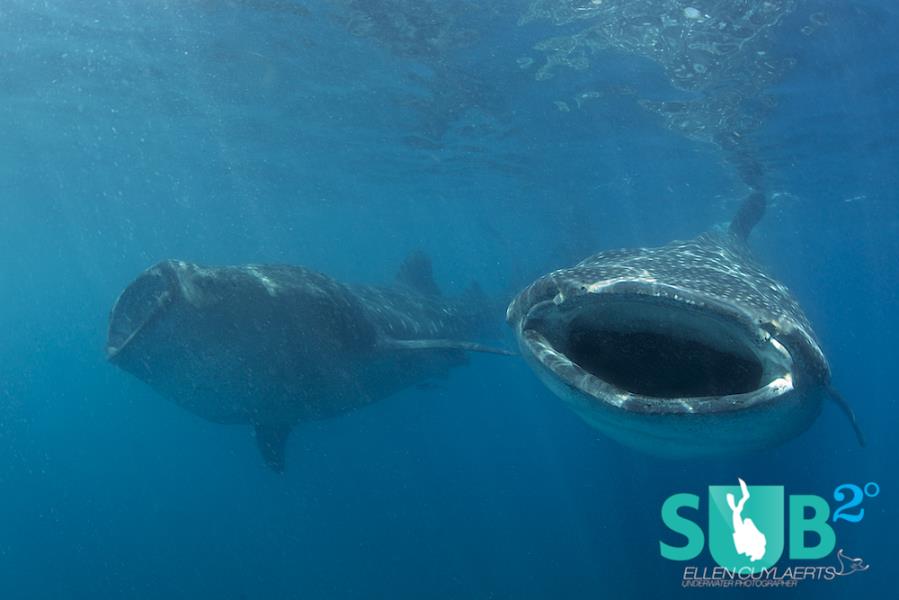
Isla Mujeres & The Whale Shar...
Every year, between June and September, hundreds of whale sharks can be found in the deep waters northeast of Isla Mujeres, Mexico.
-
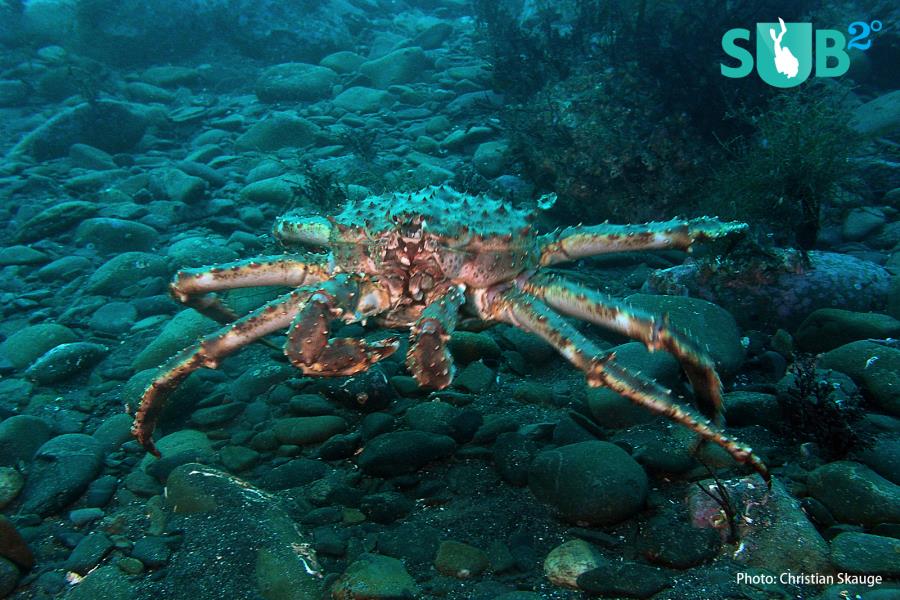
King Crab Invasion
Thanks to Discovery Channel’s popular «Deadliest Catch» TV series, the red king crab has become known across the globe. Native to the north Pacific, this armored behemoth has invaded Norwegian waters and is considered a dang...


Load more comments